Your morning latte, that “healthy” juice, and even your afternoon energy boost might be quietly working against you. While we often think liver damage only comes from heavy drinking, everyday sips can also overload this hardworking organ without a single warning sign. The liver, your body’s detox hero, deserves better than the hidden sugars, additives, and harsh chemicals we casually consume. Fortunately, it’s not all gloom in your glass. Some drinks can support your liver’s resilience and even help repair past damage. Here’s a look at 7 drinks silently harming your liver and 4 proven to help it heal.
1. Wine and Spirits
That glass of wine with dinner or cocktail after work might seem harmless, but alcohol hits your liver hard. When your liver processes alcohol, it creates toxic compounds that trigger inflammation and cell damage.
Over time, even moderate drinking can lead to fatty liver disease, where excess fat builds up in liver cells. This condition can progress to alcoholic hepatitis or even cirrhosis – permanent scarring that prevents your liver from working properly.
The troubling truth? There’s no truly safe amount of alcohol for liver health. Each drink requires your liver to work overtime, and the damage accumulates silently until symptoms finally appear.
2. Soda
Fizzy, sweet, and incredibly popular, sodas hide a dangerous secret for your liver. The high-fructose corn syrup in these drinks overwhelms your liver, which must process all that fructose at once.
Unlike other sugars, fructose heads straight to your liver. Regular soda consumption forces your liver to convert excess fructose into fat, leading to non-alcoholic fatty liver disease (NAFLD).
Studies show people who drink sugary sodas daily have a significantly higher risk of developing this condition. A single can contains roughly 10 teaspoons of sugar – far more than your liver wants to handle in one sitting!
3. Packaged Fruit Juices
Marketed as healthy alternatives, store-bought fruit juices often contain as much sugar as sodas but with a health halo that makes them even more deceptive. Most packaged juices strip away beneficial fiber while concentrating fruit sugars.
Without fiber to slow absorption, these sugar bombs hit your liver all at once. Your liver struggles to process this sugar flood, converting excess into fat deposits. Many commercial juices also contain added sugars beyond what’s naturally in fruit.
The American Association for the Study of Liver Diseases warns that frequent consumption of these beverages significantly increases your risk of developing non-alcoholic fatty liver disease.
4. Energy Drink
The powerful jolt from energy drinks comes with a serious cost to your liver. These beverages combine concerning ingredients like excessive niacin (vitamin B3), taurine, and other stimulants that can overwhelm your liver’s detoxification pathways.
High doses of niacin can become toxic to liver cells when consumed regularly. The caffeine content – often much higher than coffee – forces your liver to work harder to metabolize these stimulants.
Cases of acute liver injury have been documented following excessive energy drink consumption. Your body’s filter simply wasn’t designed to handle this modern cocktail of synthetic energy boosters on a regular basis.
5. Sweetened Iced Tea
Refreshing and seemingly innocent, bottled and restaurant-served sweetened iced teas pack a sugar punch that rivals sodas. A typical 16-ounce sweetened iced tea contains about 45-50 grams of sugar – exceeding daily recommended limits in just one serving!
Regular consumption creates the perfect storm for liver fat accumulation. The combination of sugar and caffeine forces your liver to work double-time processing both substances.
Many commercial versions also contain high-fructose corn syrup, which heads straight to your liver and increases inflammation markers. The liver damage happens gradually and silently, with many people unaware their afternoon tea habit is contributing to potential liver disease.
6. Artificial Sweetener Beverages
Zero calories might seem like a liver-friendly choice, but emerging research raises red flags about artificial sweeteners. These lab-created compounds must still be processed by your liver, potentially altering important metabolic pathways.
Studies suggest some artificial sweeteners may disrupt gut bacteria balance, leading to inflammation that affects liver function. Research published in the World Journal of Gastroenterology found connections between certain sweeteners and changes in liver enzyme levels.
While definitive evidence is still developing, scientists worry about long-term consumption effects. The liver struggles to recognize and efficiently process these synthetic compounds that never existed in nature until recent decades.
7. Flavored Plant Milk
Plant-based milk alternatives sound wholesome, but flavored versions often harbor surprising amounts of added sugars. Vanilla, chocolate, and sweetened varieties can contain 10-20 grams of sugar per cup – a significant liver burden when consumed regularly.
Many people switch to plant milks for health reasons without realizing sweetened versions contribute to the same liver problems as other sugary drinks. The liver doesn’t distinguish between sugar sources – whether from soda or sweetened almond milk.
Some brands also add thickeners and stabilizers that require additional liver processing. Always check the ingredient list and choose unsweetened varieties to avoid unintentionally stressing your hardworking liver.
1. Green Tea
A steaming cup of green tea delivers powerful plant compounds called catechins that actively support liver health. These antioxidants help reduce fat accumulation in liver cells and fight inflammation that drives liver damage.
Research in the International Journal of Preventive Medicine found that people who drank green tea regularly showed improved liver enzyme levels. The catechin EGCG appears particularly beneficial, helping to block fat storage in the liver and potentially reversing existing damage.
Green tea also activates liver enzymes that help clear toxins from your system more efficiently. For maximum benefits, choose loose-leaf or high-quality tea bags and steep for 3-5 minutes.
2. Black Coffee
Your morning brew does more than wake you up – it actively shields your liver from damage. Regular coffee drinkers show lower rates of liver scarring (fibrosis), cirrhosis, and fatty liver disease according to multiple large-scale studies.
Coffee contains hundreds of compounds that reduce liver inflammation and slow disease progression. Research published in the Journal of Hepatology found that drinking just two cups daily was associated with a 44% lower risk of developing cirrhosis.
The protective effects appear strongest in black coffee without added sugars or flavored syrups. Both caffeinated and decaffeinated versions show benefits, suggesting caffeine isn’t the only liver-friendly component.
3. Beetroot Juice
Vibrant and earthy, beetroot juice contains powerful compounds called betalains that supercharge your liver’s natural detoxification processes. These plant pigments help activate enzymes that bind to toxins and make them water-soluble for easier elimination.
The high nitrate content in beetroot juice improves blood flow to the liver, enhancing its ability to filter blood effectively. Research shows these nitrates help reduce oxidative damage to liver cells and may help prevent fatty deposits.
A small daily serving (about 4-8 ounces) provides these benefits without overwhelming your system. Mix with a bit of lemon or ginger to balance the earthy flavor while adding extra liver-supporting compounds.
4. Lemon Water
Starting your day with warm lemon water provides gentle yet effective liver support. The citric acid in lemons helps stimulate bile production – a crucial digestive fluid that also carries toxins away from your liver.
Vitamin C and antioxidants in lemon juice help reduce inflammation and protect liver cells from oxidative damage. The simple act of staying hydrated with lemon water helps your liver filter blood more efficiently and flush out waste products.
Unlike harsh “detox” drinks, lemon water supports your liver’s natural processes without overwhelming it. For maximum benefit, use fresh lemon juice rather than bottled concentrates that may contain preservatives your liver must then process.

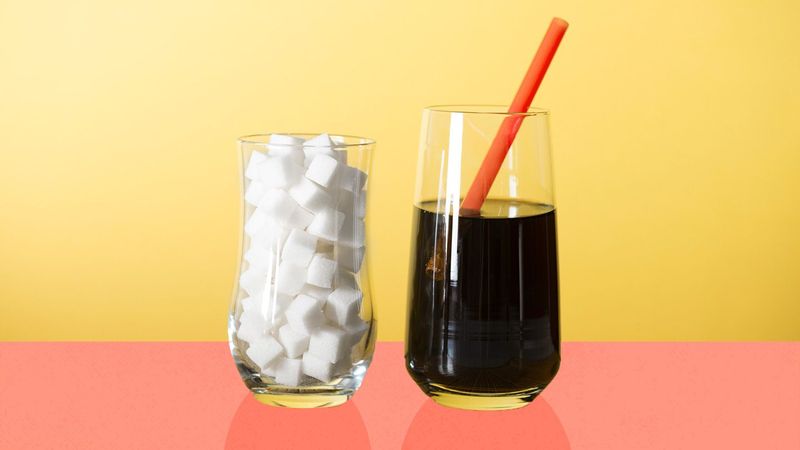

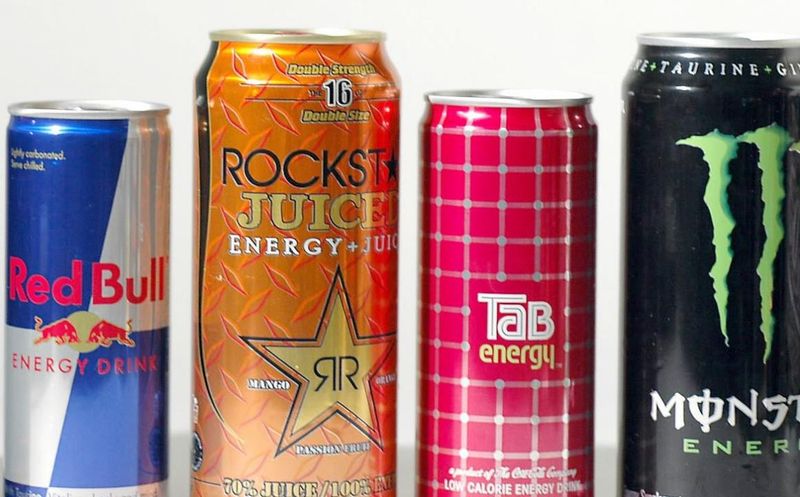
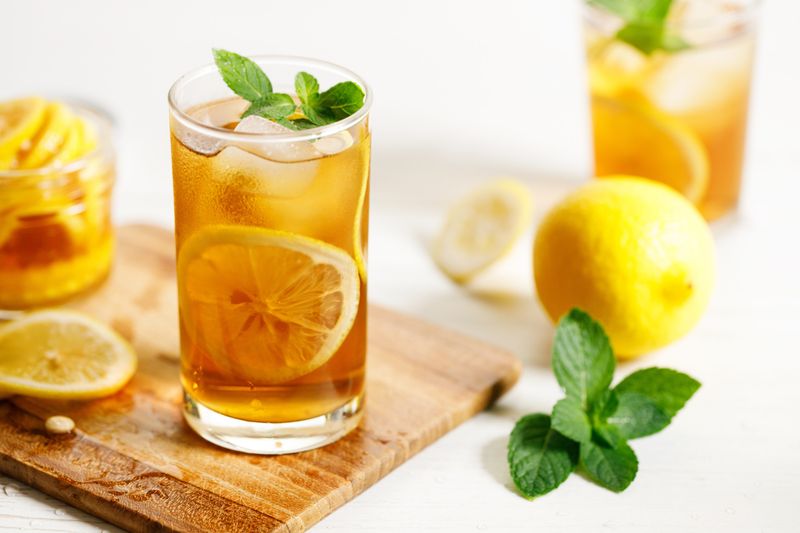
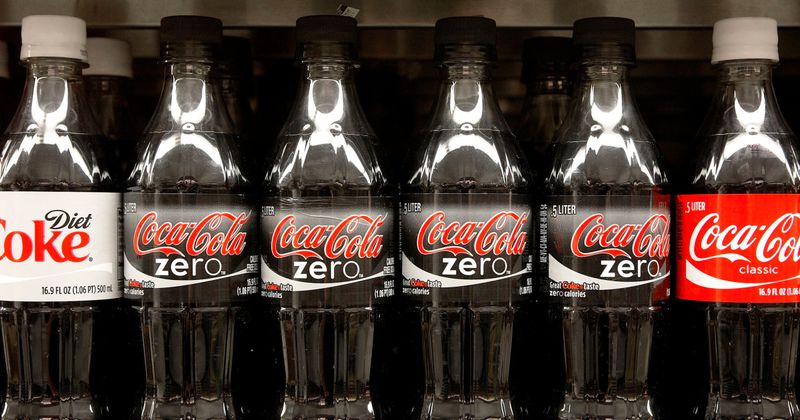
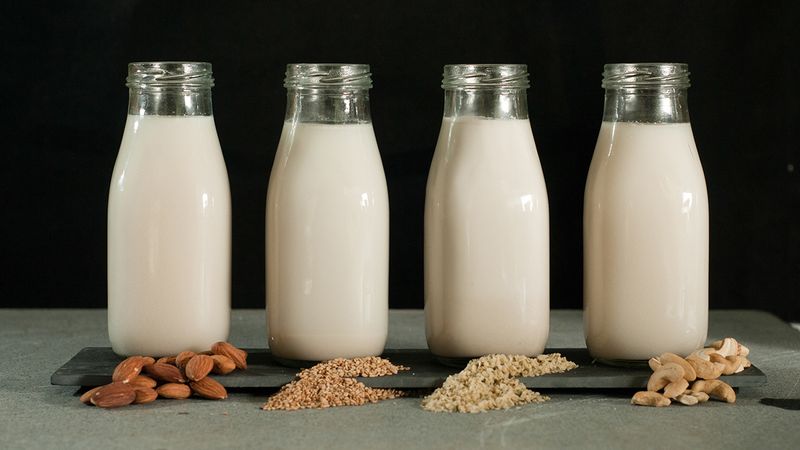
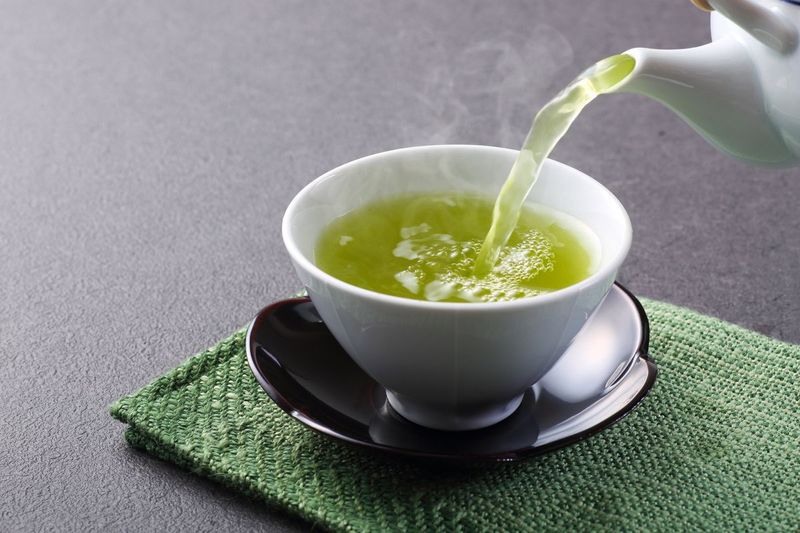

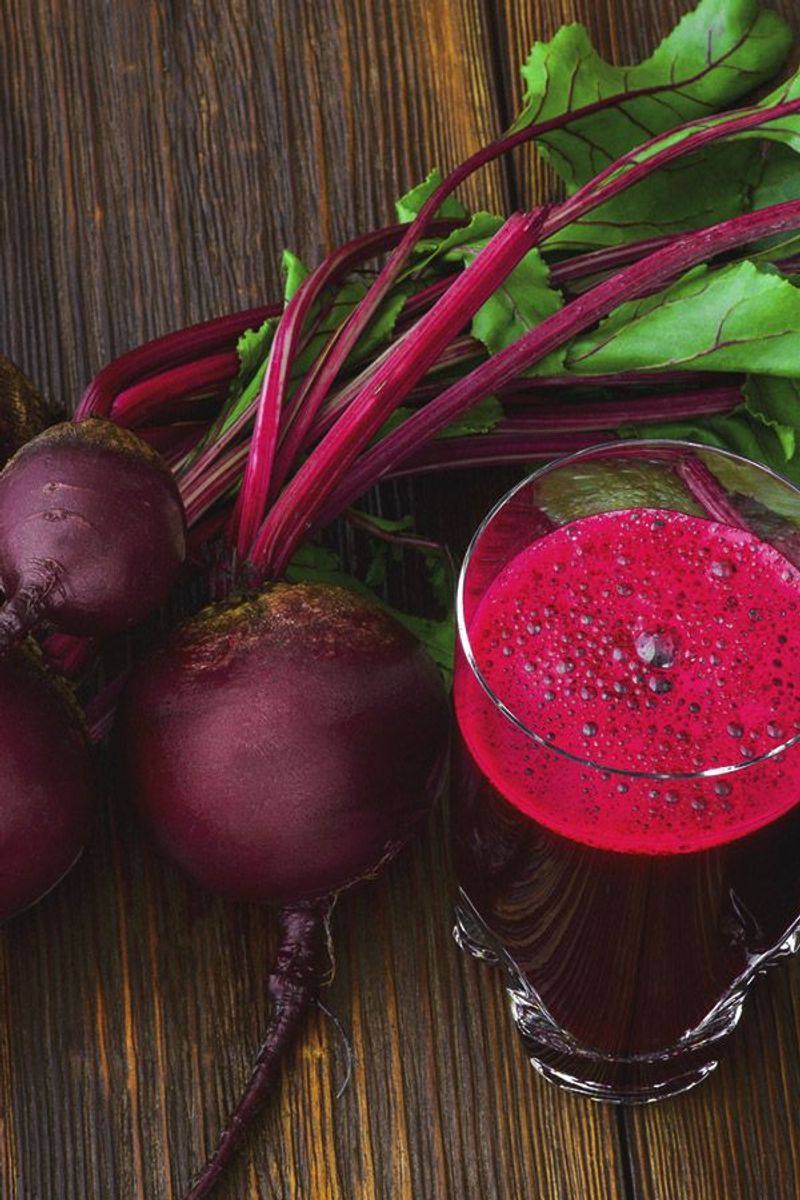
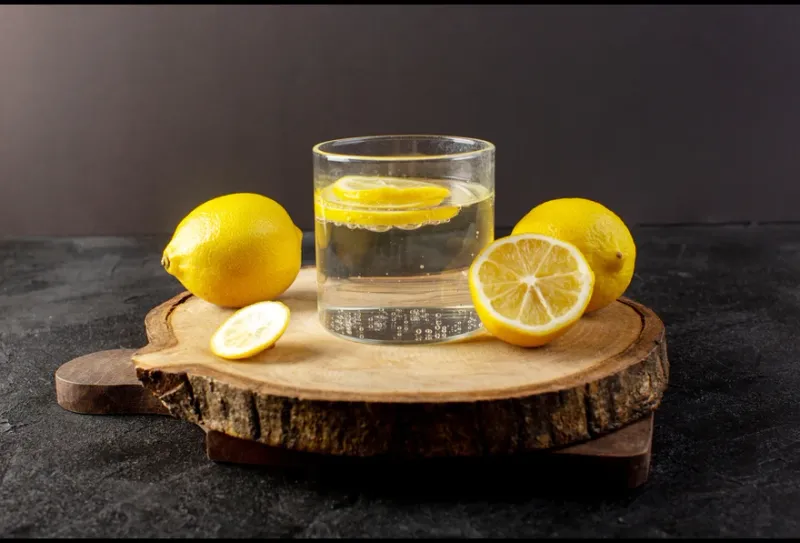
Leave a comment